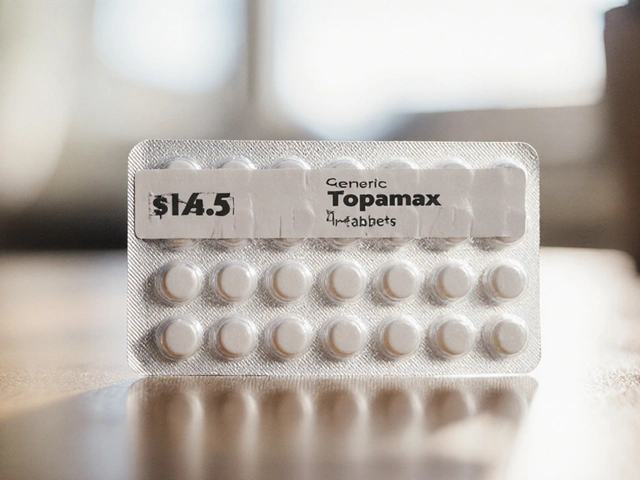Depression treatment: what works, what to expect
Depression isn’t one-size-fits-all, and treatment shouldn’t be either. Maybe a pill helped a friend but made you feel worse. Maybe therapy improved your mood but didn’t fix your sleep. This page cuts through noise and lays out clear, practical options so you can find what’s likely to help you faster.
Common medications and what to expect
Antidepressants are usually the first medical step. The main groups are SSRIs (like sertraline, fluoxetine, citalopram/Celexa), SNRIs (venlafaxine, duloxetine), and others such as bupropion and mirtazapine. Most need 4–6 weeks to show clear benefits. Side effects vary: some people get nausea, sleep changes, or sexual side effects. Others swap one drug for another because a different side effect profile fits better.
If one medication doesn’t work, that’s normal. Doctors often try a different SSRI, an SNRI, or combine meds with psychotherapy. For people worried about weight gain or sedation, bupropion is a common alternative. If you’re taking citalopram (Celexa), your prescriber may watch dose limits because higher doses raise certain heart rhythm risks—your doctor will explain whether that applies to you.
Newer clinic-based options include ketamine or esketamine for treatment-resistant cases. These are given under supervision and can act faster than typical antidepressants. For severe or urgent situations, electroconvulsive therapy (ECT) remains one of the most effective treatments.
Therapy, lifestyle, and other helpful steps
Talk therapy—especially cognitive behavioral therapy (CBT)—works well and helps you build tools to manage symptoms long-term. Exercise, consistent sleep, and cutting back on alcohol often make a real difference. Light therapy helps seasonal depression. If stress, grief, or sleep problems feed your low mood, addressing those things can improve outcomes a lot.
Don’t forget practical basics: keep routine, stay connected with people who notice changes in you, and set small daily goals. These sound simple but they stabilize mood and make medical treatments work better.
When to call your doctor? If thoughts of hurting yourself appear, if side effects are severe, or if your mood suddenly gets much worse, contact medical help right away. Also tell your provider if a medication affects your sleep, weight, or sexual function—often an alternative exists that keeps benefits with fewer downsides.
If you want detailed comparisons, we’ve got articles on specific drugs (like Celexa), alternatives to paroxetine and duloxetine, and step-by-step guides for choosing a safe online pharmacy. Use those to learn specifics, then bring questions to your prescriber. Treatment is a process—one that gets better with clear info, small changes, and honest communication with your care team.
8 Alternatives to Wellbutrin Sr
Wellbutrin Sr is a medication commonly prescribed for depression and anxiety, but it's not the only option. Exploring alternatives like Celexa can offer different benefits and drawbacks based on individual needs. This article breaks down eight alternatives, providing insights into their pros, cons, and what might make them a good choice for those considering a switch. With the right information, finding the right medication can become a less daunting task.
About
Medications
Latest Posts
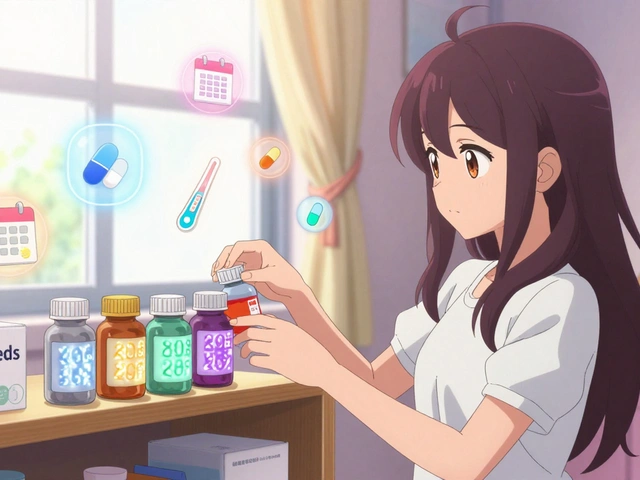
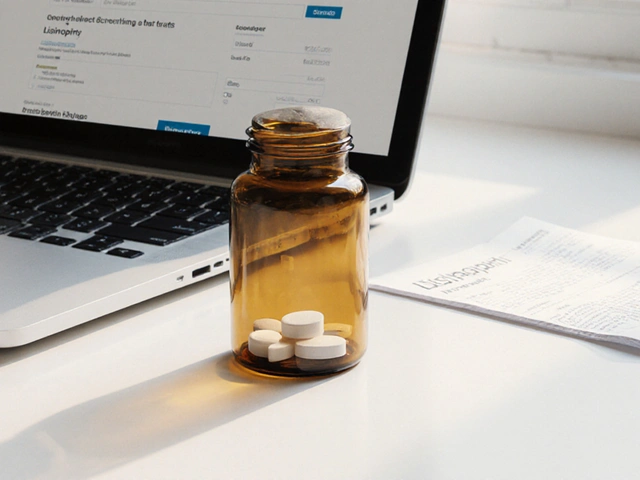
Buy Cheap Generic Lisinopril Online - Fast, Safe & Affordable Options
By Marcel Kornblum Oct 14, 2025
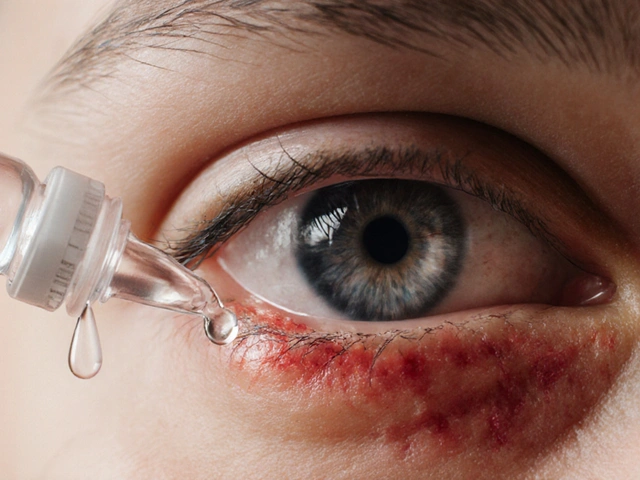
How Steroids Manage Post‑Surgical Eye Inflammation - Complete Guide
By Marcel Kornblum Oct 13, 2025
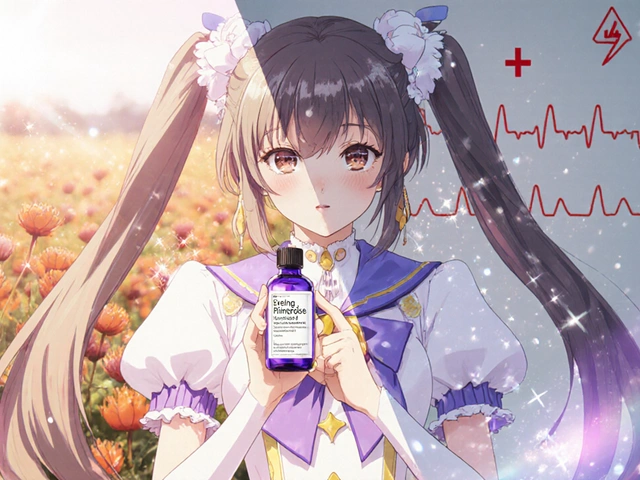
Evening Primrose Oil, Seizure Risk & Antipsychotic Interactions
By Marcel Kornblum Oct 25, 2025
